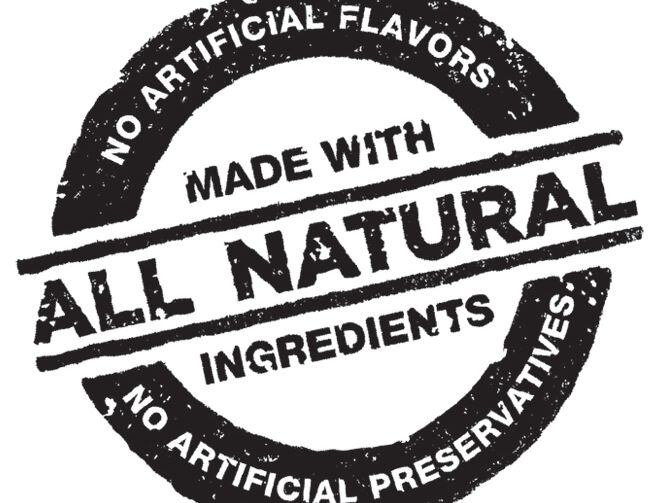In a complaint* against Sargento Foods filed by Michael Reese (who has also brought a similar case against Dannon), plaintiff Brittany Stanton cites Consumer Reports survey data to support her claim that reasonable consumers would not expect cheese labeled ‘natural’ to use milk from cows likely fed genetically engineered feed and treated with the growth hormone rBST.
The case highlights a growing trend in food litigation to probe beyond ingredients detectable in finished products and look further down the supply chain at things such as incidental additives, processing aids, pesticide residues, genetically engineered feed, and animal rearing methods.
However, such lawsuits employ a ‘daisy-chained’ logic “unsupported by any authority,” argued Sargento in its September 1 motion to dismiss the lawsuit.
“Plaintiff does not and cannot allege that Sargento’s cheese contains GMOs or hormones and does not attempt to allege there is anything unnatural about the cheese or any of its ingredients beyond the manner in which some cows in the dairy industry in general may have allegedly been raised or fed.”
Where do regulators stand on ‘natural’ claims and GMO feed, animal rearing?
While new federal GMO labeling legislation (the details of which are being thrashed out by USDA) will not require GMO labeling on milk or meat from animals fed GM feed, the law does not make any reference to whether you can call such products ‘natural,’ however.
Nevertheless, the fact that the FDA is currently conducting a probe into the definition of ‘natural’ means that this lawsuit should be stayed under primary jurisdiction grounds (ie. this is a matter best left to the FDA), argued Sargento.
“The FDA is reviewing the very issues that lie at the heart of plaintiff’s claims.”
Natural cheese is a special category
More importantly, however, this is “not a typical natural labeling case,” added Sargento, noting that in the cheese market, consumers understand the phrase ‘natural cheese' to be a descriptor for a type of cheese (to differentiate it from 'processed cheese').
“Plaintiff hones in on the word ‘natural’ on Sargento’s labeling, but ignores both the context in which the word ‘natural’ appears, i.e., as part of the term ‘natural cheese,’ and that ‘natural cheese’ is a well-defined term in the dairy industry as recognized by federal agencies.
“The term ‘natural’ on Sargento’s packaging is not an adjective describing the quality of the product; instead, it is a proper noun defining what the cheese is (and distinguishing it from what it is not): natural cheese rather than processed cheese.”
Will the FDA define natural?
The FDA invited public comment on 'natural' claims in 2015 but has said nothing since about when - or if - it plans to come up with a clear legal definition.
While some 'natural' lawsuits have been stayed on primary jurisdiction grounds following the FDA's call for comments, some courts have lifted stays or refused to grant them given that the FDA has not yet issued a final rule on the matter, and may ultimately choose not to come up with a legal definition.
*Brittany Stanton et al v. Sargento Foods, Inc. 3:17-cv-02881 filed in the northern district of California.

In its 1991 guidance, the FDA states that natural means “nothing artificial or synthetic . . . is included in, or has been added to,the product that would not normally be expected to be there,” but doesn't say whether certain production methods disqualify an ingredient from making ‘natural’ claims.
Indeed, the FDA explicitly noted in its 2015 call for commentsthat it did not consider production methods when it came up with the above guidance.
"When we established our policy concerning the use of the term 'natural,'... it was not intended to address food production methods, such as the use of genetic engineering or other forms of genetic modification, the use of pesticides, or the use of specific animal husbandry practices, nor did it explicitly address food processing or manufacturing methods, such as thermal technologies, pasteurization, or irradiation [bold emphasis added]."
